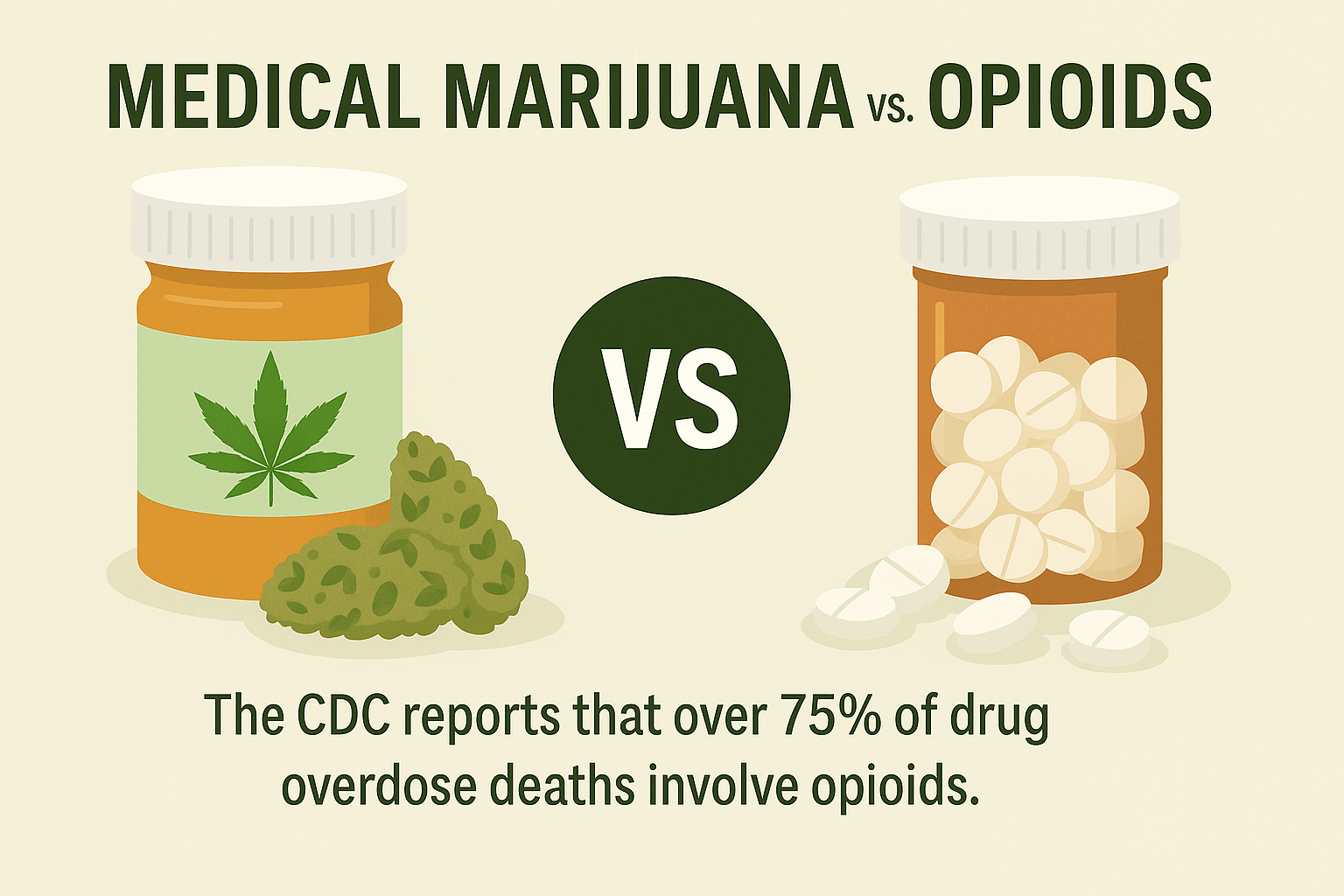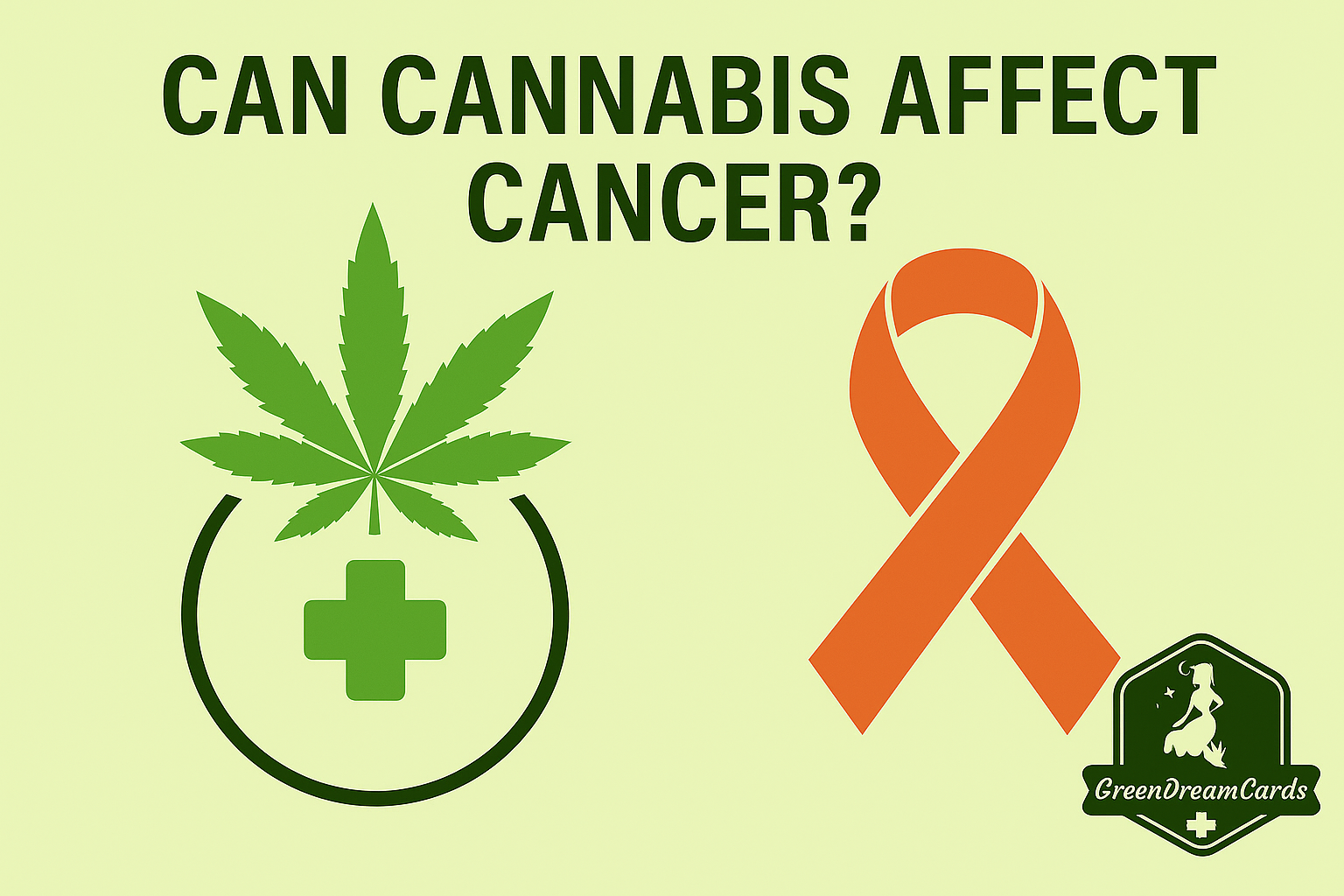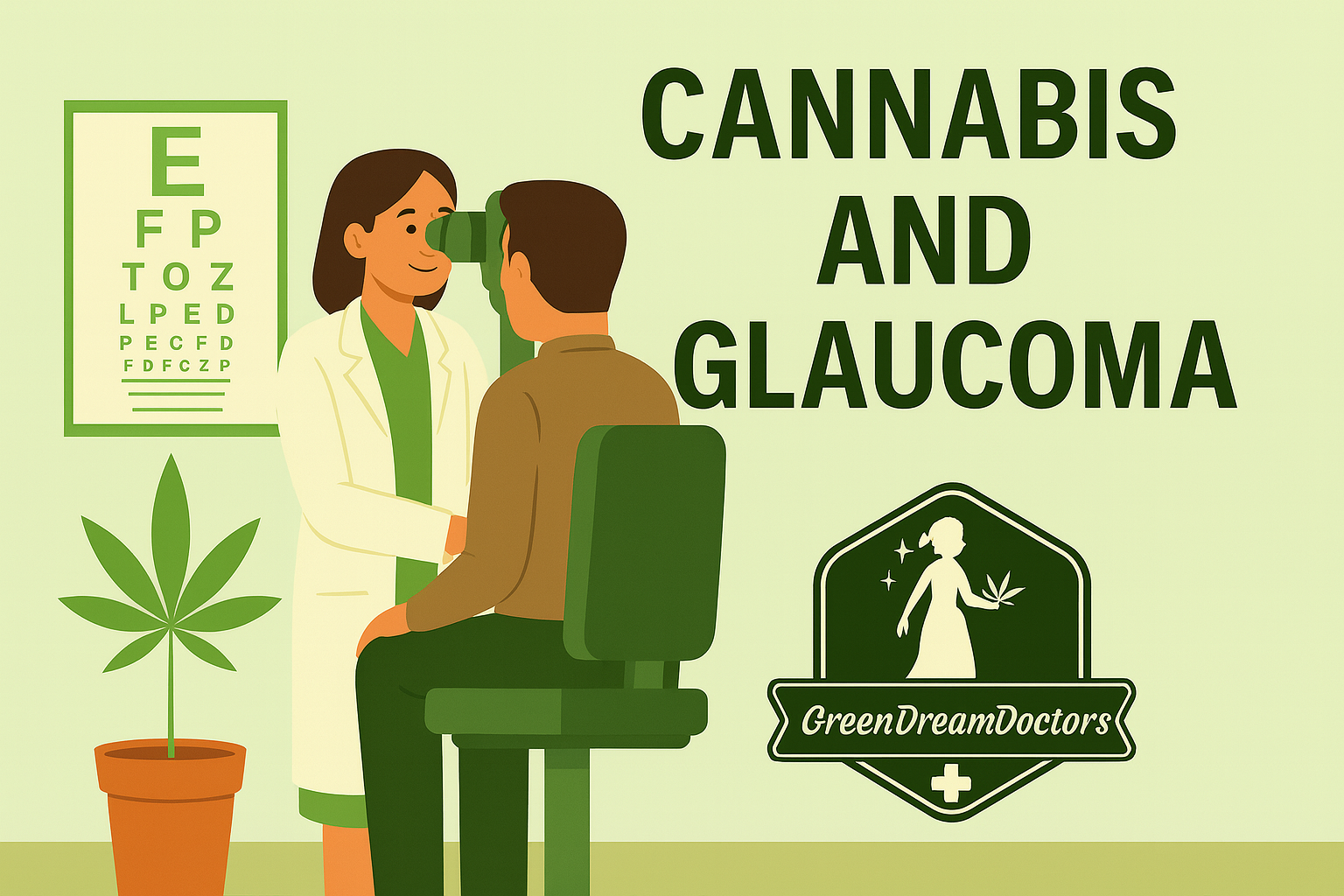Can Medical Marijuana Help Reduce Opioid Use? What the Research Shows
The opioid epidemic has affected millions of Americans, causing addiction, overdose, and untold suffering. As healthcare providers look for safer pain management options, many are turning attention to medical marijuana. Could cannabis offer a solution to reduce opioid dependency? Let’s explore what research and patient experience show.
Understanding the Opioid Crisis
Opioids like oxycodone, morphine, and hydrocodone are commonly prescribed for pain but come with major risks:
-
High potential for addiction and dependency
-
Overdose deaths — the leading cause of accidental death in the U.S.
-
Tolerance — requiring higher doses over time for the same effect
The Centers for Disease Control and Prevention (CDC) reports that over 75% of drug overdose deaths involve opioids.
How Medical Marijuana Could Offer an Alternative
Medical marijuana works differently:
-
Cannabinoids like THC and CBD interact with the body’s endocannabinoid system to regulate pain, inflammation, and mood.
-
Lower risk of dependence compared to opioids.
-
No fatal overdoses from cannabis have been reported.
Cannabis may also help with associated symptoms like anxiety, insomnia, and inflammation, providing a multi-faceted approach to pain management.
What the Research Says
1. University of Michigan — 2016
-
Surveyed 244 patients enrolled in Michigan’s medical marijuana program.
-
64% reported decreased opioid use after starting medical cannabis.
-
45% reported improved quality of life.
-
Patients reported fewer medication side effects compared to opioids.
2. JAMA Internal Medicine — 2014
-
Researchers examined data from states with medical cannabis laws.
-
Found a 25% reduction in opioid overdose deaths in states where medical marijuana was legal.
-
Suggested a possible link between legal access to cannabis and lower opioid mortality rates.
3. Health Affairs — 2017
-
Analysis of Medicare Part D data.
-
States with medical cannabis laws saw significant reductions in opioid prescriptions.
-
Doctors prescribed fewer opioids in areas where patients could legally access cannabis.
Real-World Patient Experiences
Many chronic pain patients report:
-
Switching from opioids to cannabis for pain management.
-
Experiencing better functional outcomes.
-
Feeling less drowsy, foggy, or dependent compared to opioid use.
Some patients also report better mental health outcomes, citing reduced symptoms of anxiety and depression after transitioning to cannabis.
Benefits of Cannabis Over Opioids
-
Lower risk of addiction
-
No risk of fatal overdose
-
Addresses multiple symptoms: pain, insomnia, anxiety
-
Fewer side effects: less sedation, less constipation compared to opioids
Limitations and Cautions
-
Cannabis is not a cure-all; not all patients respond equally.
-
Some individuals may experience side effects like dizziness or mild cognitive impairment, especially with high-THC products.
-
More large-scale clinical trials are needed to fully validate cannabis as an opioid alternative.
-
Medical marijuana laws vary state by state — always consult with a qualified healthcare provider.
How to Get Started in Florida
Florida allows certified patients to use medical marijuana for qualifying conditions, including chronic nonmalignant pain and PTSD — two major reasons people are prescribed opioids.
Clinics us Green Dream Cards in Jacksonville assist patients by:
-
Offering affordable evaluations for medical marijuana certification.
-
Helping patients navigate the Florida Medical Marijuana Use Registry.
-
Providing continuous patient education and support.
Green Dream Cards offers:
-
$99 Certification Special
-
$25 Pain Exam if you don’t have existing medical records
-
$75 Annual Florida State Registration Fee
Conclusion
The opioid crisis demands better solutions — and medical marijuana could be part of the answer. Research increasingly shows that cannabis can help patients reduce or eliminate opioid use while improving quality of life.
If you or someone you know is struggling with chronic pain or seeking alternatives to opioid medications, it may be time to explore how medical marijuana could help.


